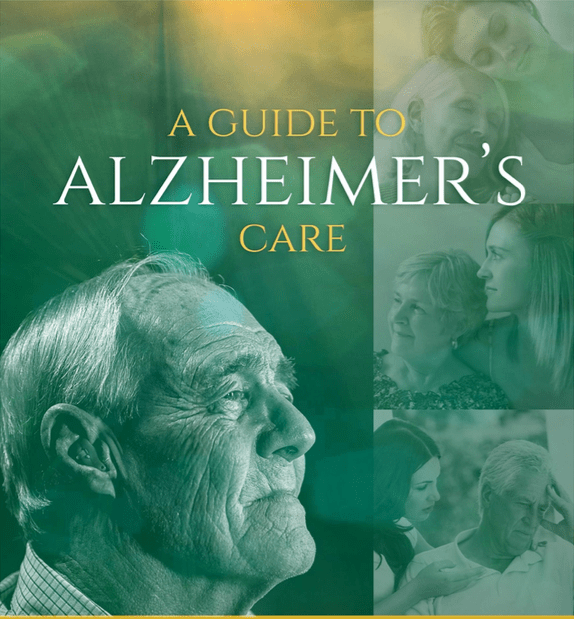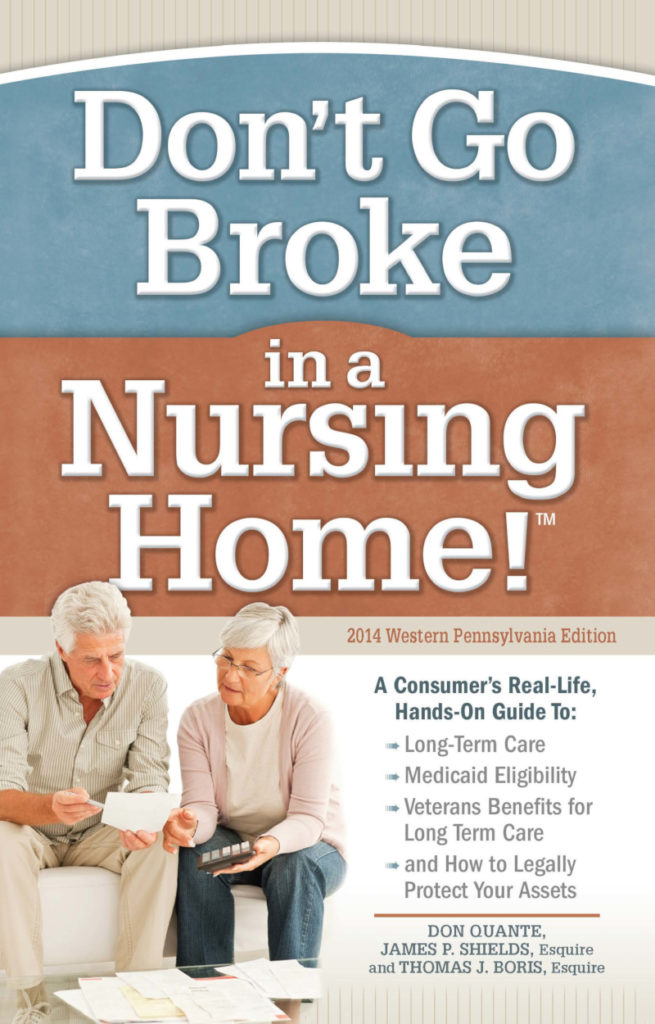Are You Dehydrated and Don’t Know It?
Posted on July 4, 2022 by shieldsandboris
Imagine that you have been working outside in the heat of the summer for a couple of hours. You just finished up, head inside, and go straight to the refrigerator. All you can think about is getting a cold glass of water.
Now imagine the same scenario, but you aren’t thirsty after working in the blazing sun. It’s hard to imagine. But the reality is that the sense of thirst decreases as we age. So even when a senior needs water to replenish their body’s hydration, they may not realize it.
This is why many older people don’t take in enough fluid during the day. By the time they become thirsty, they’re already dehydrated.
Although we don’t really know what causes a reduction in thirst sensation, we do know the result – dehydration.
Dehydration and Seniors
Older adults are at greater risk of dehydration anyway because of their body composition. As older adults, they have less water in their bodies than those younger. Water is essential for every bodily function, so not getting enough can have serious consequences for their health.
Another issue is that dehydration symptoms often go unrecognized in older adults. Many symptoms, such as dry mouth, dizziness, muscle cramps, and fatigue are often attributed to natural effects of aging or other medical conditions. Persistent dehydration can result in confusion, difficulty walking, rapid heart rate, and other symptoms that can result in hospitalization.
Getting Enough Water
The best option for preventing dehydration is good fluid intake. The rule of drinking eight cups of water each day is a good rule to follow, but some people may handle less, and others need more. Here are a few tips:
- Mix it up – We all know that water is best, but just plain water can get boring. Consider adding some flavoring to it or tossing in a piece of fruit. Try switching it up with juice or milk once in a while. Be cautious with juice, because of the sugar content. Consider a mixture of 50/50 water and juice if you are diabetic.
- Add foods. Consider adding foods with high water content. Some foods, such as watermelon, can be very hydrating.
- Work hydration all day – Many older adults don’t have the ability to sit down and drink an eight-ounce glass of water because it will fill them up, make them bloat, and then they have to run to the restroom. Instead of trying to get in your eight ounces all at once, try taking a lot of little sips throughout the day. Have something to drink with every meal and before and after exercising.
Some people with certain medical conditions have very specific fluid needs. Be sure you know what your doctor has to say about your specific needs before making big changes to your fluid intake.
We specialize in educating and helping you protect what you have for the people you love the most. Contact us to learn more about how we can help you and your family.




